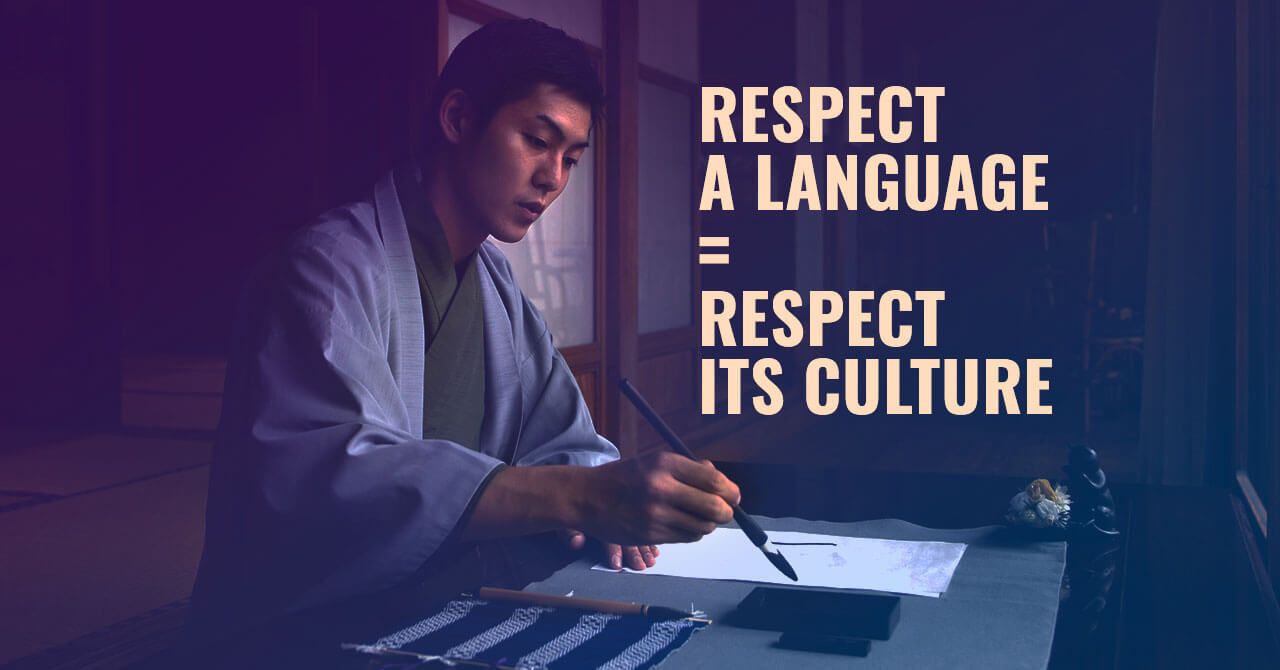
Respecting a Language is Respecting Its Culture
A cultural language serves as an identifier and a means through which cultural groups can identify. It is what makes a culture or a tribe unique from other tribes, and it is what enables members within that same tribe to be able to communicate with one another.
As an African, living on a continent with over 3,000 different tribes, each having its own unique language. I have come to appreciate the diversity of different languages. It is no wonder that while our diversity is a blessing, by the same side of the coin, it also serves as our curse. A cultural language serves as an identifier and a means through which cultural groups can identify. It is what makes a culture or a tribe unique from other tribes, and it is what enables members within that same tribe to be able to communicate with one another. But the question is, what is language? Language, according to the online dictionary, is the principal method of human communication, consisting of words used in a structured and conventional way and conveyed by speech, writing, or gesture. Each culture has its own principal method of communication made of its own alphabetical symbols or other linguistic symbols governed by its own syntax to form words, sentences, and speech for the purposes of either reading, writing, or speaking.
Why Language is Important
While languages are the word we use to form variations of sentences to communicate with each other, whether in Italian, French, Spanish, or even Mandarin, they all serve a common purpose, and that is to communicate with one another. We communicate with each other to express our thoughts, to live in a community of understanding with each and to learn from each other. Languages are not just limited to words or other symbolic tools to communicate. It’s the way we communicate with each other. In as much as words are important, other forms of communication, like tone and gestures, are often important to convey our intended message.
Respecting Other Languages
An author once said, “If you speak to a man in a universal language, you are just talking to him. But if you speak to him in his native language, you speak to his heart.” This saying could not be truer, as I recall a time when I was teaching one of my students to improve their English grammar, and we were having a discussion about other languages. During our discussion, this student expressed his distaste for another type of language. In my response, I communicated that I heard his position. However, I disagreed with it, and I gave the following reasons as to why I disagreed with his position. A person’s language is the cornerstone of their identity as their cultural affiliation. It is the bedrock on which their sense of self-worth belongs and how they establish and maintain meaningful and everlasting relationships. To respect a person’s language is to respect their culture, which, if deeply analyzed, means to appreciate its uniqueness, its diversity, and its intrinsic value. Moreover, respect for a language means respecting the beliefs and customs and valuing the important social function and the group identity and solidarity that it fosters. It’s the preservation of cultural beliefs and traditions on which culture and tribal teachings are based on. All languages are unique; by that same token, all languages must be respected.
In conclusion, no language is superior or inferior to another because, at the end of the day, they all serve the same purpose, and that is to foster relationships through communication.
I'm a certified teacher with a level 5 TEFL certificate specializing in General English, Conversational English, Business English and IELTS. I've been teaching for almost 2 years and I enjoy what I do

